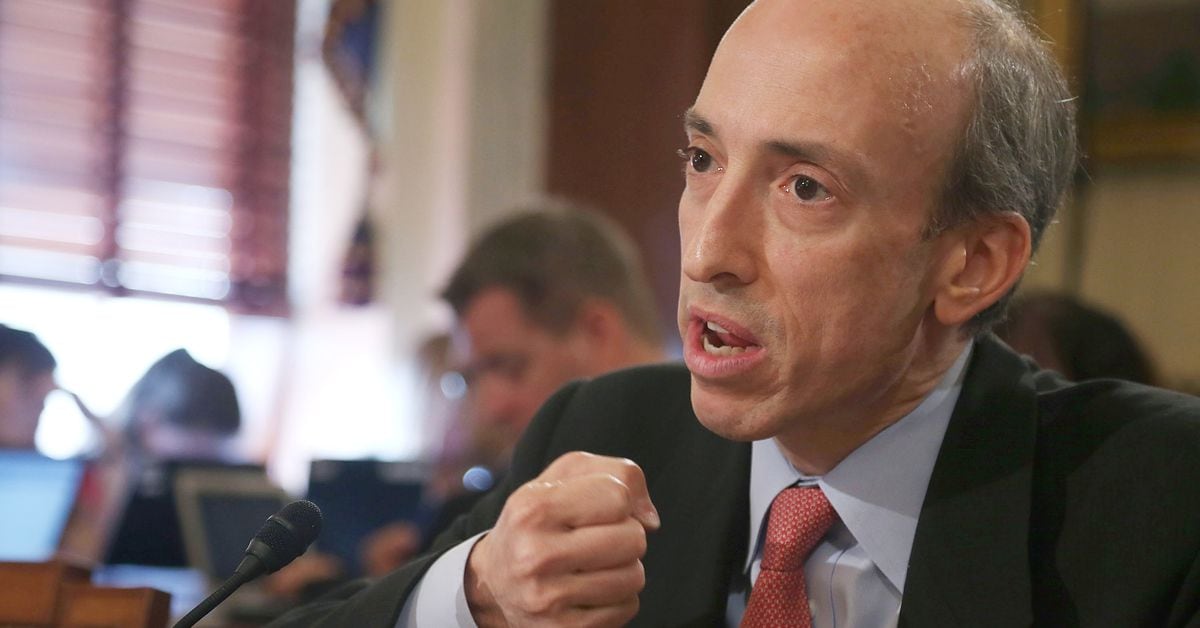Prime Minister Narendra Modi has visited Rajasthan four times since the beginning of 2023 and twice since the Bharatiya Janata Party (BJP) was defeated in Karnataka by the Congress. He launched the BJP’s month-long public outreach programme on the completion of nine years of Central rule from Ajmer. More such visits are planned in the coming months.

In the last three decades in Rajasthan, no party has stayed in power for the second term, and the incumbent has always been voted out — this presents a clear advantage to the BJP.
The PM’s focus is clearly on Rajasthan: He has not visited any other state going to polls in December — Madhya Pradesh, Chhattisgarh, Telangana and Mizoram — since the BJP’s loss in Karnataka. Modi has repeatedly taken a dig at the tussle between Rajasthan chief minister Ashok Gehlot and his former deputy, Sachin Pilot, saying often that the Congress is a divided house that cannot help the state develop. In his attacks, the PM has repeatedly said that the BJP alone is capable of that task, and has accused the Congress of corruption. Most opinion polls in recent months and the party’s internal surveys too, project a sizeable advantage to the BJP.
In 2018, Congress won 100 seats in Rajasthan, just one seat short of majority, while the BJP bagged 73 seats. The Congress formed the government with the support of eight independent law-makers and six Bahujan Samaj Party (BSP) MLAs, who later joined the Congress. The Congress won far fewer seats than what most opinion polls projected, which clearly showed that the BJP was able to counter anti-incumbency against the then party chief minister, Vasundhara Raje. To some extent, that was because of PM Modi. The BJP went on to win all 25 Lok Sabha seats in the state in April-May 2019 general elections.
To be sure, electoral results depend on multiple factors ranging from caste to anti-incumbency to alliances to electoral promises. But for the BJP the fight is more difficult than it appears, as in some states like Madhya Pradesh, it faces anti-incumbency and in others, it is not yet a force to reckon with. In MP, the BJP has been in power for the past 15 years, except for 18 months between 2018 and 2020 when Kamal Nath headed a Congress government. In Telangana, the BJP is trying to make deep inroads, but upsetting the Bharat Rashtra Samiti government led by K Chandrashekar Rao is no easy task. In Chhattisgarh, the BJP is battling with state leadership issues.
Labharthi politics
One of the reasons given for BJP’s strong performance in 2019 was its on-ground presence during each previous assembly poll reminding beneficiaries of Central government schemes of the benefits provided to them by the PM. To be sure, the BJP had swept most of the Hindi heartland states in 2014 riding on the popularity of Narendra Modi.
The BJP is trying something similar in Rajasthan for the 2023 assembly and 2024 Lok Sabha polls with party workers visiting homes to remind voters of the benefits provided by the PM. Unlike the 2019 LS polls, when Gehlot was barely a few months into his tenure, this time around he has tried to create his own set of beneficiaries — locally, referred to as Labarthi — whom he hopes will take on the BJP’s politics. The Labarthi are beneficiaries of government subsidy schemes, who the parties believe a vote for them in large numbers.
Political observers say that Gehlot has tried to create his own beneficiary vote bank to counter the PM’s appeal among the weaker sections of society and women. The Rajasthan government’s Jan Aadhar Card, through which all of the state’s social security schemes are delivered, is in the name of the woman of the family. The Rajasthan government has proposed to provide benefits worth ₹45,500 crore to different sections of society in the current financial year with women as the main focus. On May 30, the government organised a Labarthi festival, where the CM reminded the voters of the benefits provided by his government. Earlier, the government had organised inflation relief camps across the state, where people were enrolled for benefits under 10 subsidy schemes including for cooking gas cylinders, electricity and cheaper monthly ration.
The state government claims it gives the highest health insurance cover of ₹10 lakh per family in the country. Its social media campaign talks about the benefits it provides to different sections including government servants.
Gehlot is confident that the beneficiaries will help him to tide over the PM’s repeated electoral visits to the state.
2013 versus 2023
Gehlot suffered the worst defeat of his political career in 2013 when the Congress managed to win only 21 of the 200 assembly seats while the BJP won 163. This was despite the fact that Gehlot had introduced several social security schemes including free medicines in government hospitals and cheaper electricity during his stint as CM before the assembly polls. That did not work then and the BJP is banking on it not working this time around too.
There was an important factor at play in 2013 and it played out just before the state assembly elections. Modi was declared as the BJP’s prime ministerial candidate in October 2018 amid strong anti-incumbency against the Congress party, following a two-month-long agitation of social reformer Anna Hazare against alleged corruption by the grand old party in power in the Centre. The euphoria around Modi just as Rajasthan was going to polls in 2013 had a major impact on the results, said political analyst Manish Godha.
The Congress, in turn, has given Gehlot a free hand in deciding election strategy despite his rival and former deputy chief minister Sachin Pilot raising the banner of revolt. The two leaders are fighting on the ground in spite of the party’s high command’s claims of having struck a truce between them. As of now, the Congress has clearly put its weight behind the old warhorse, expecting “magician” Gehlot, the party’s most senior chief minister, to deliver the crucial western state.
If Gehlot succeeds, it would help build the momentum for Congress for the 2024 general election. Political observers said a win would further increase Gehlot’s stature in the party as he would have bucked the alternate party government trend. The BJP, therefore, is not leaving any stone unturned and that is also why PM Modi has taken it upon himself to win Rajasthan for his party.















